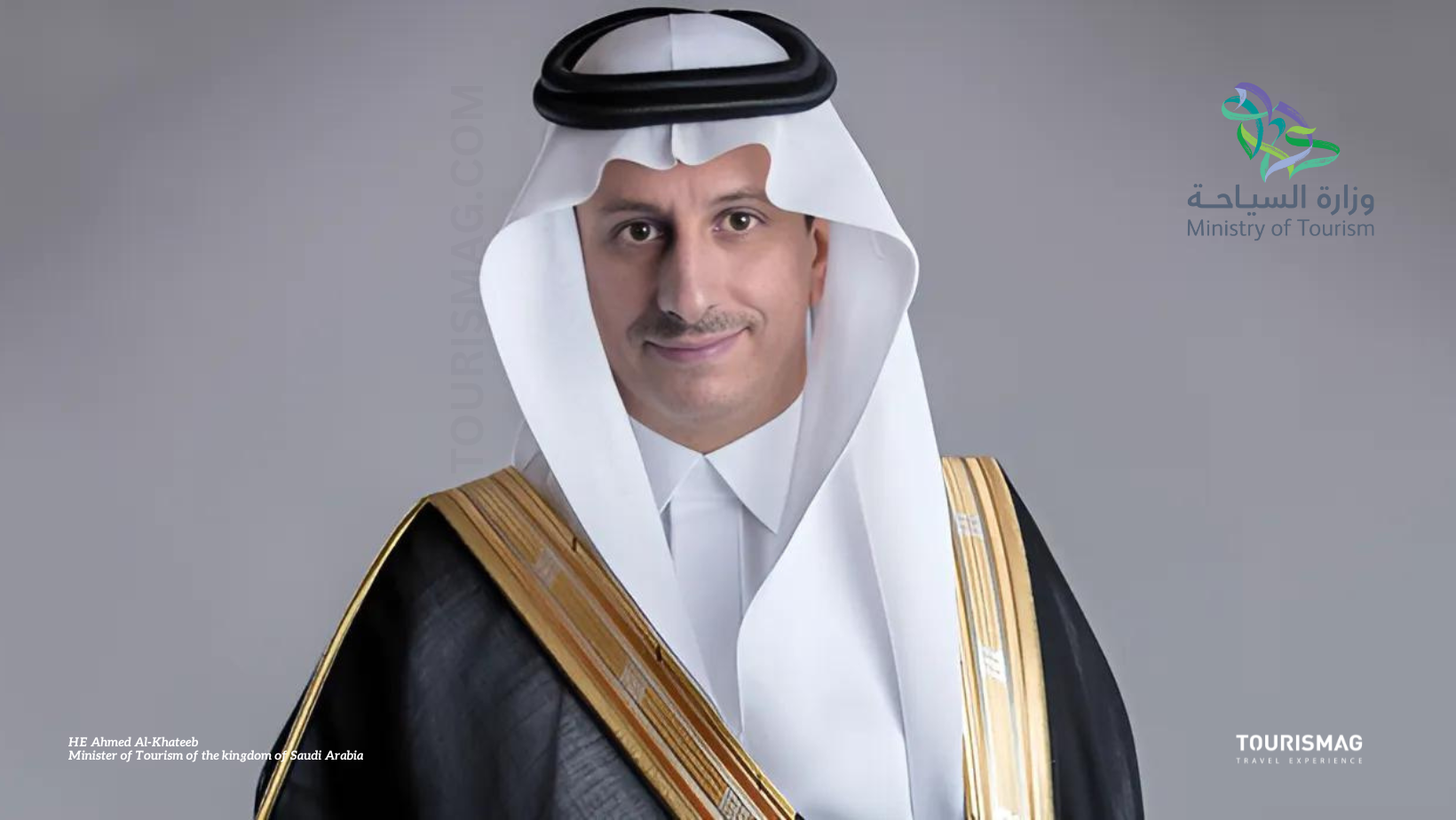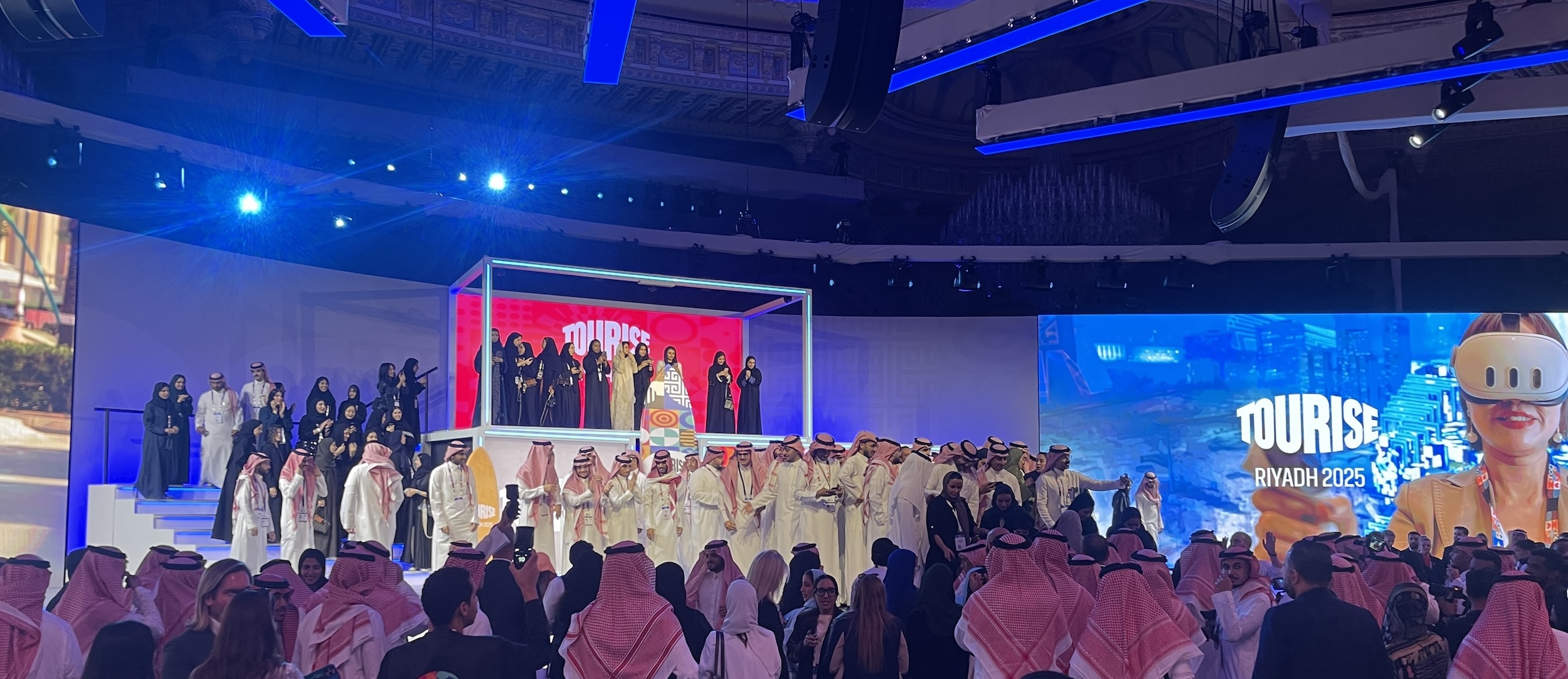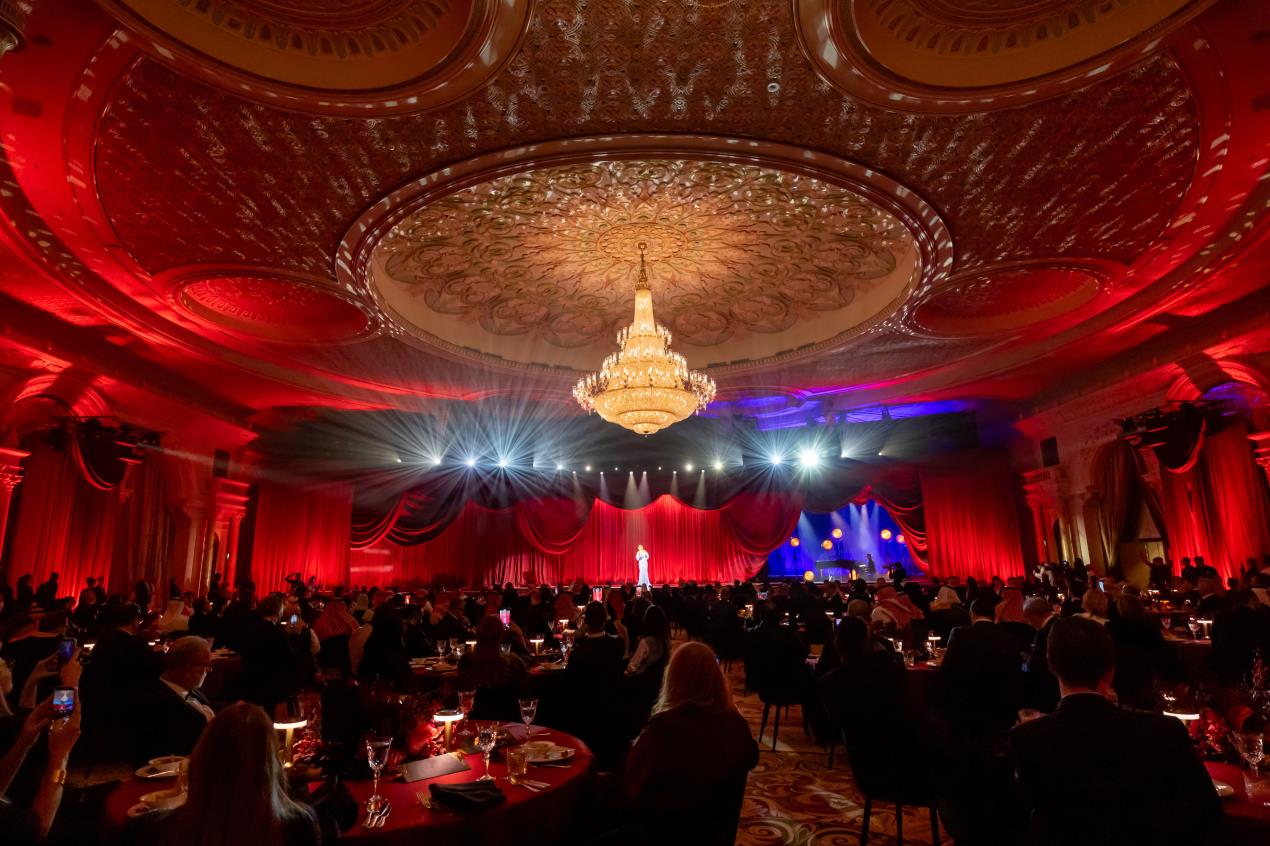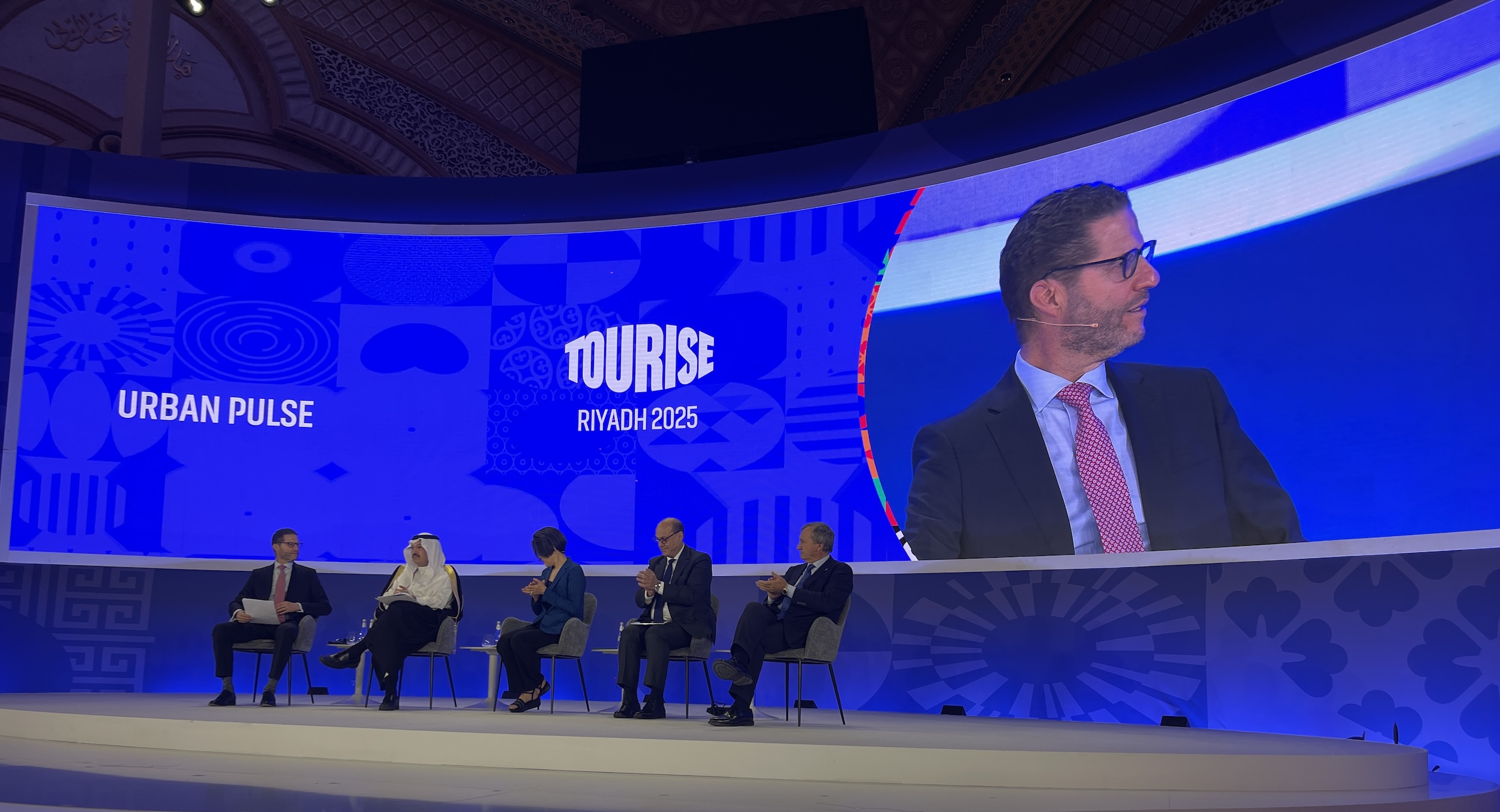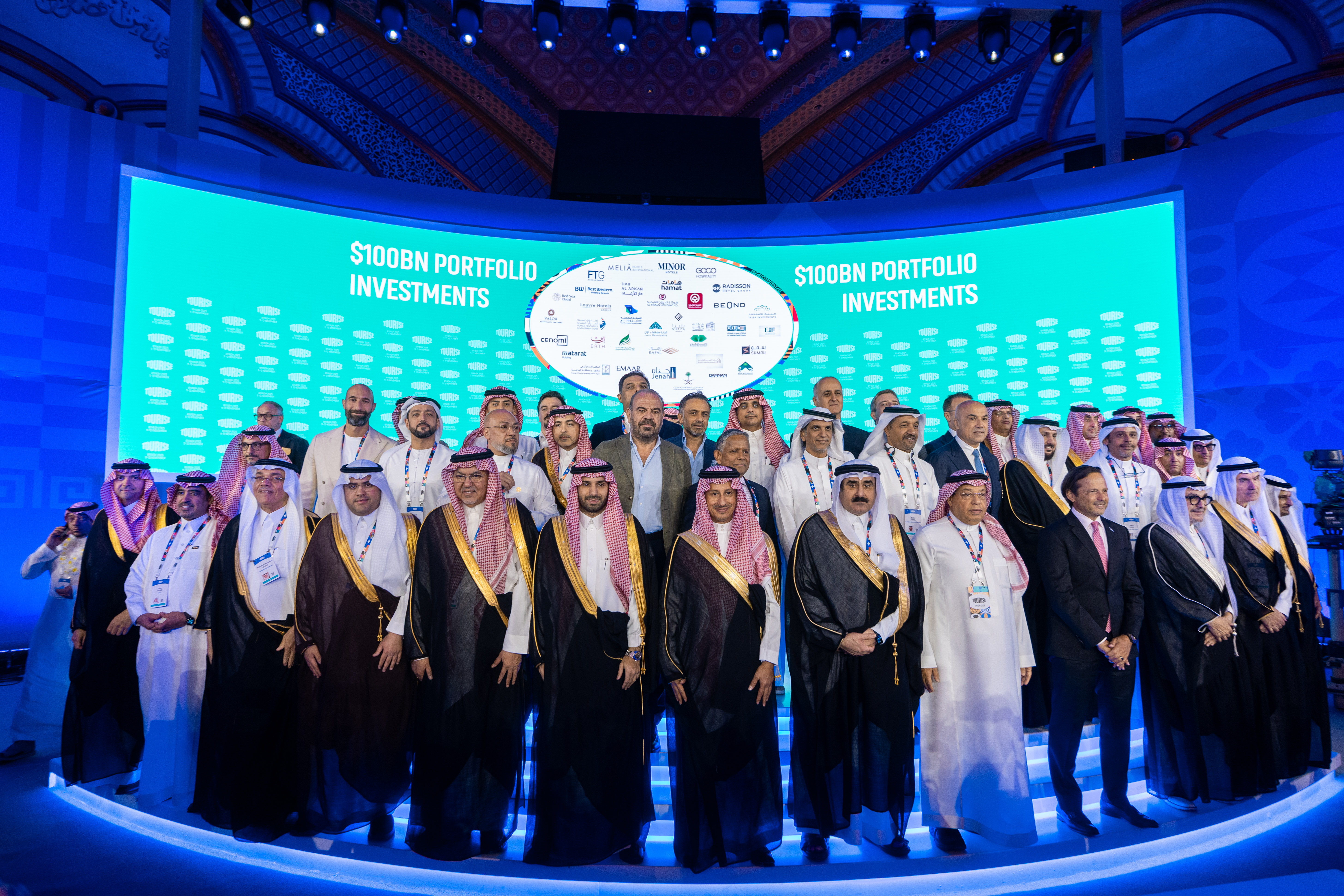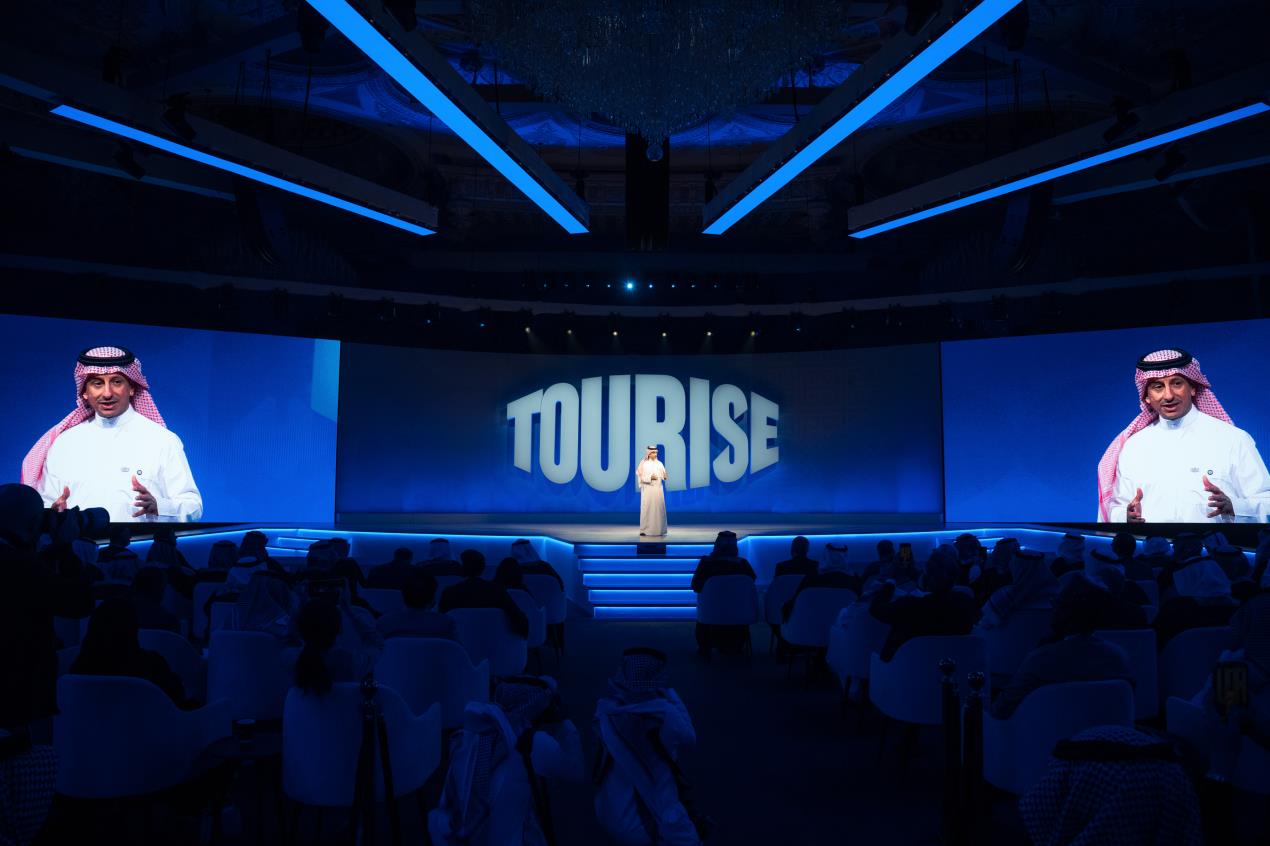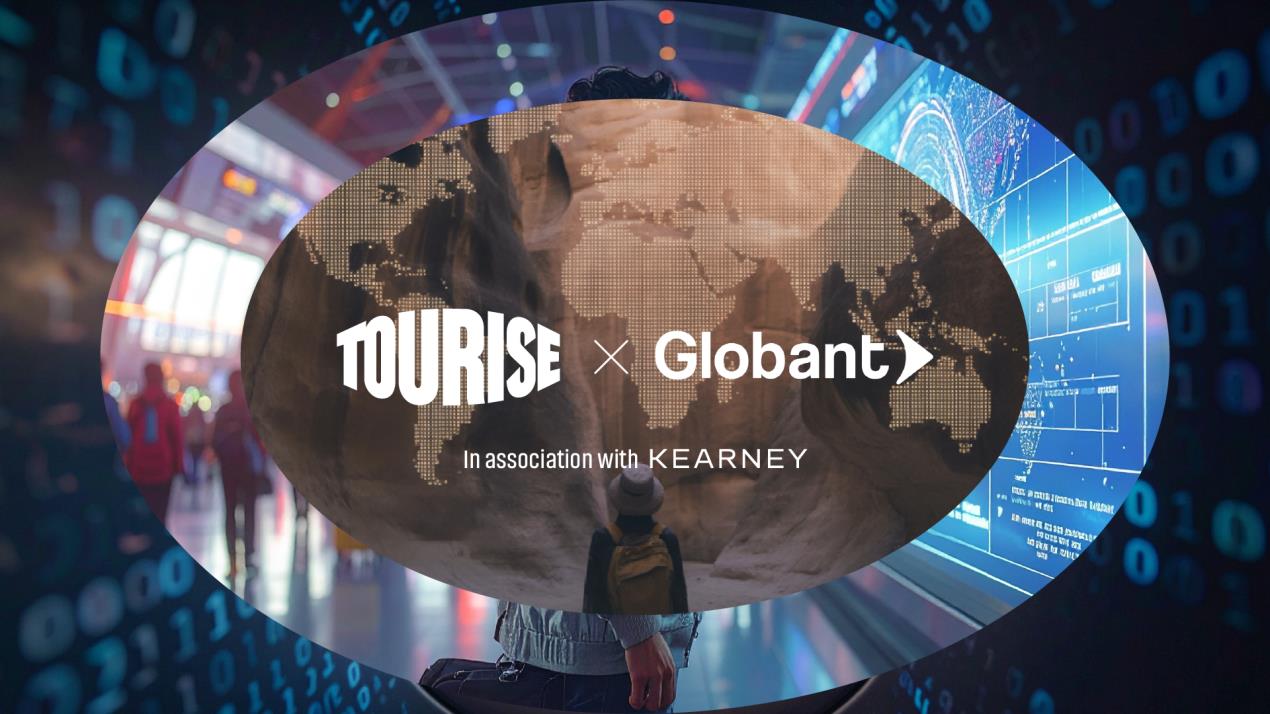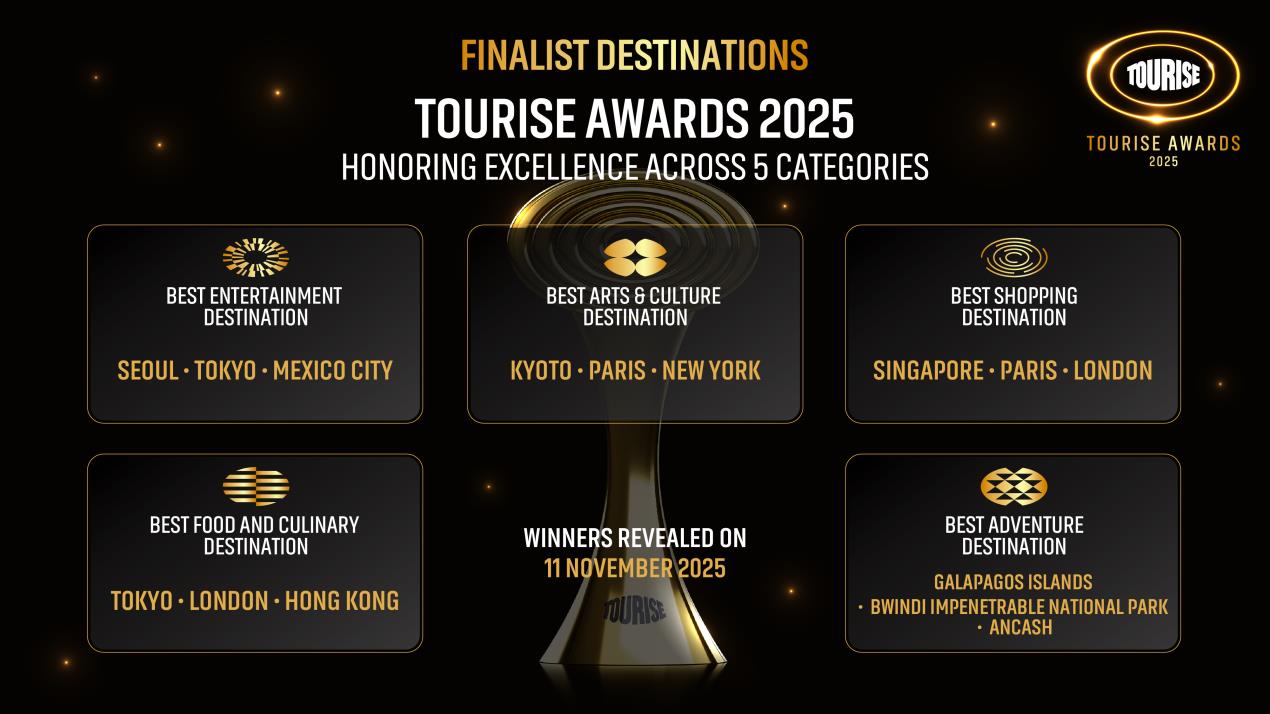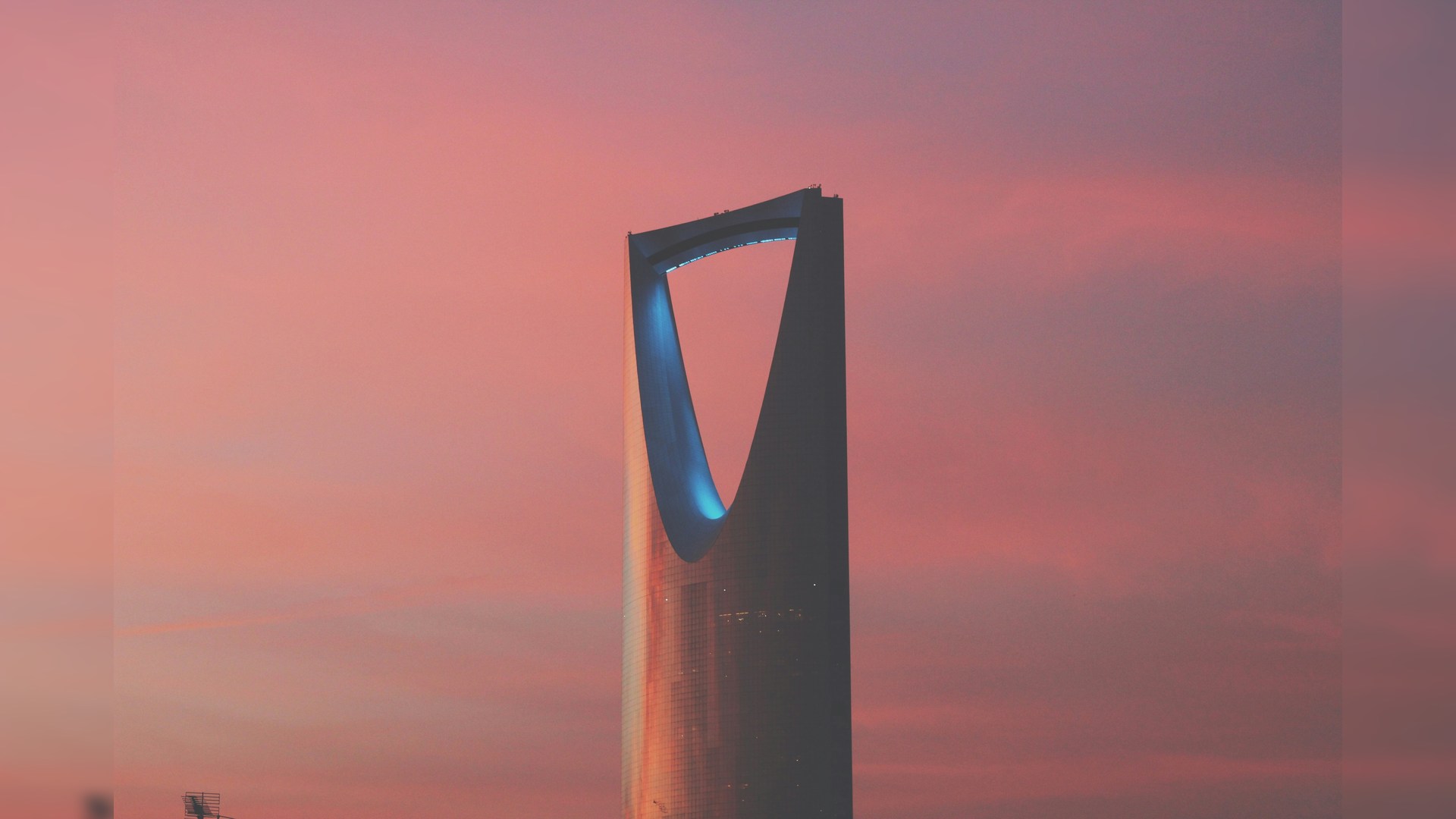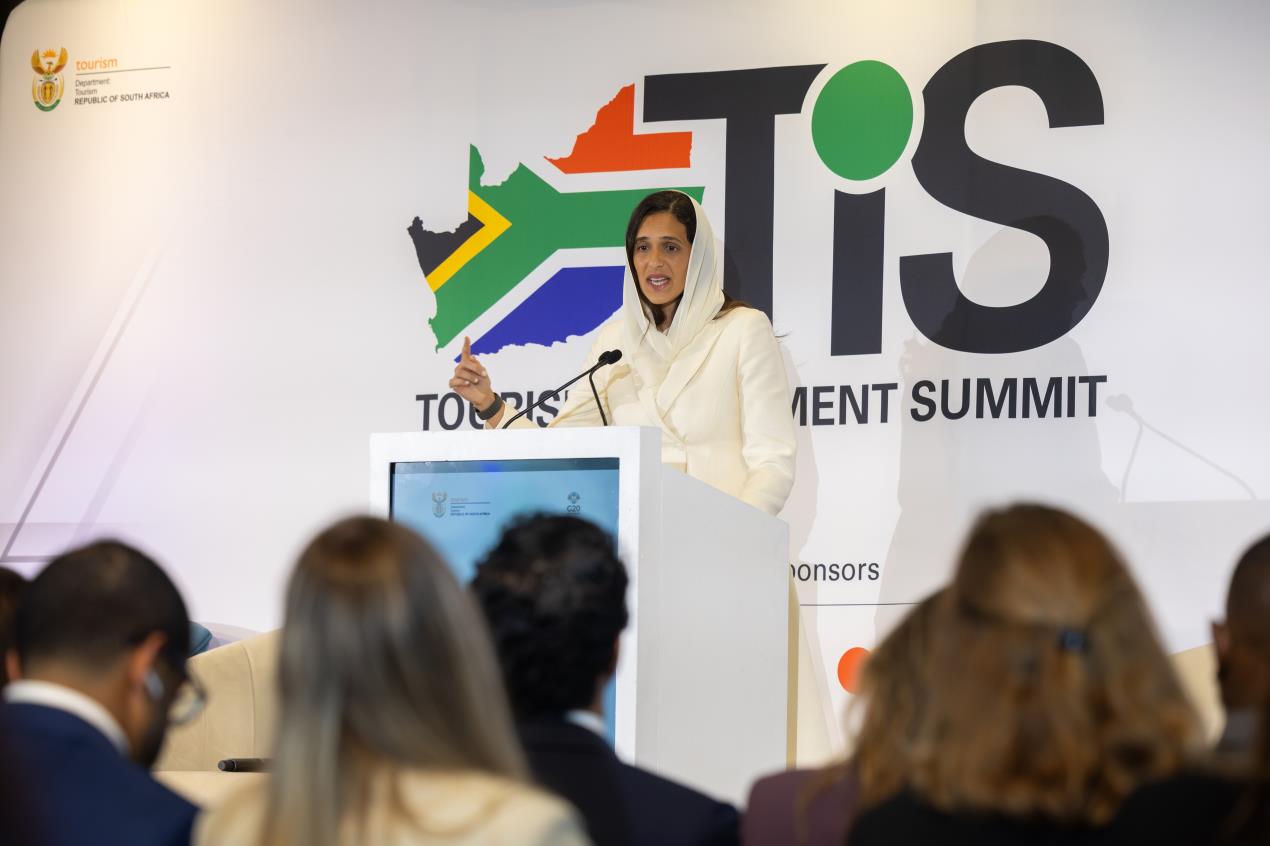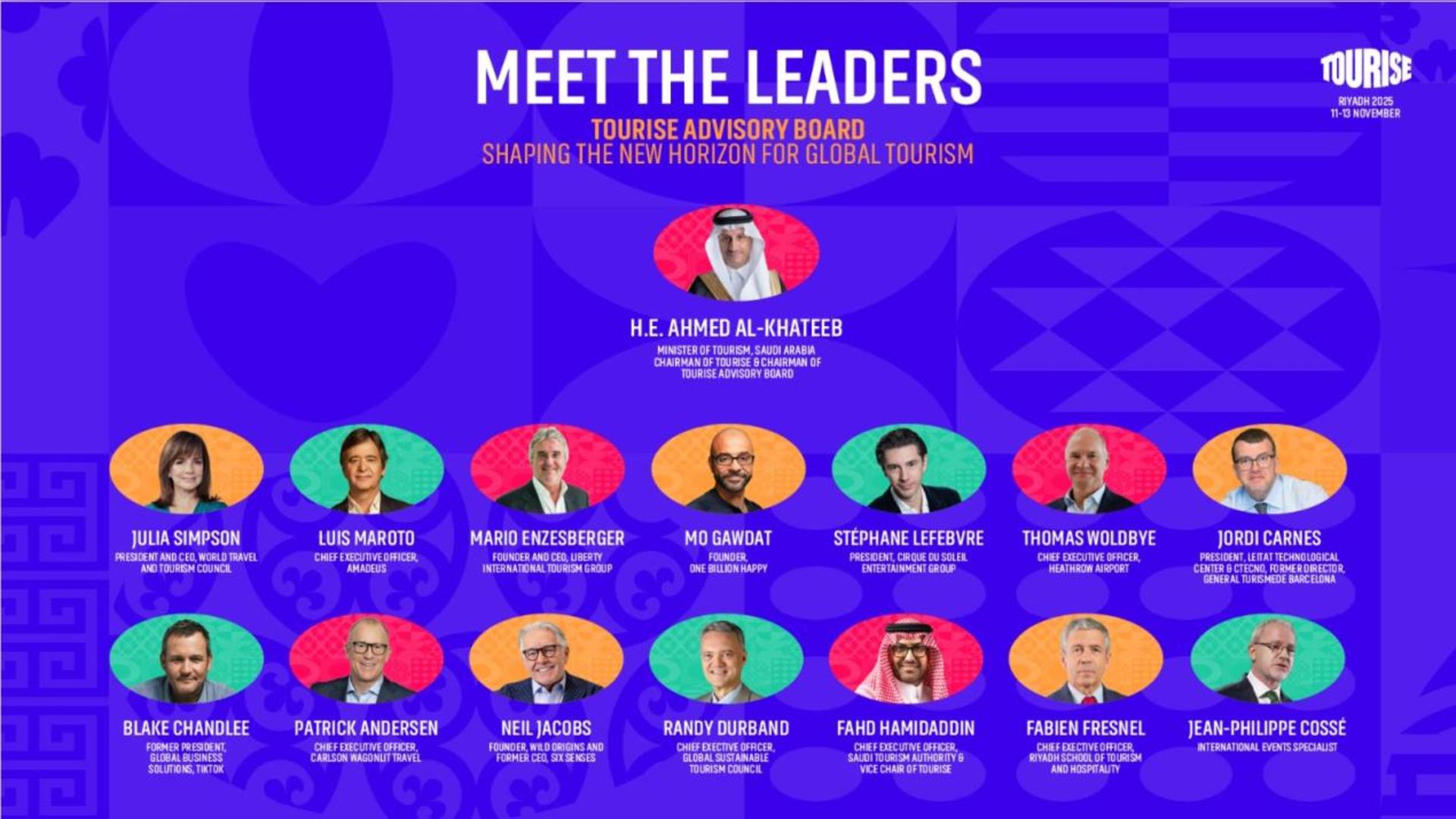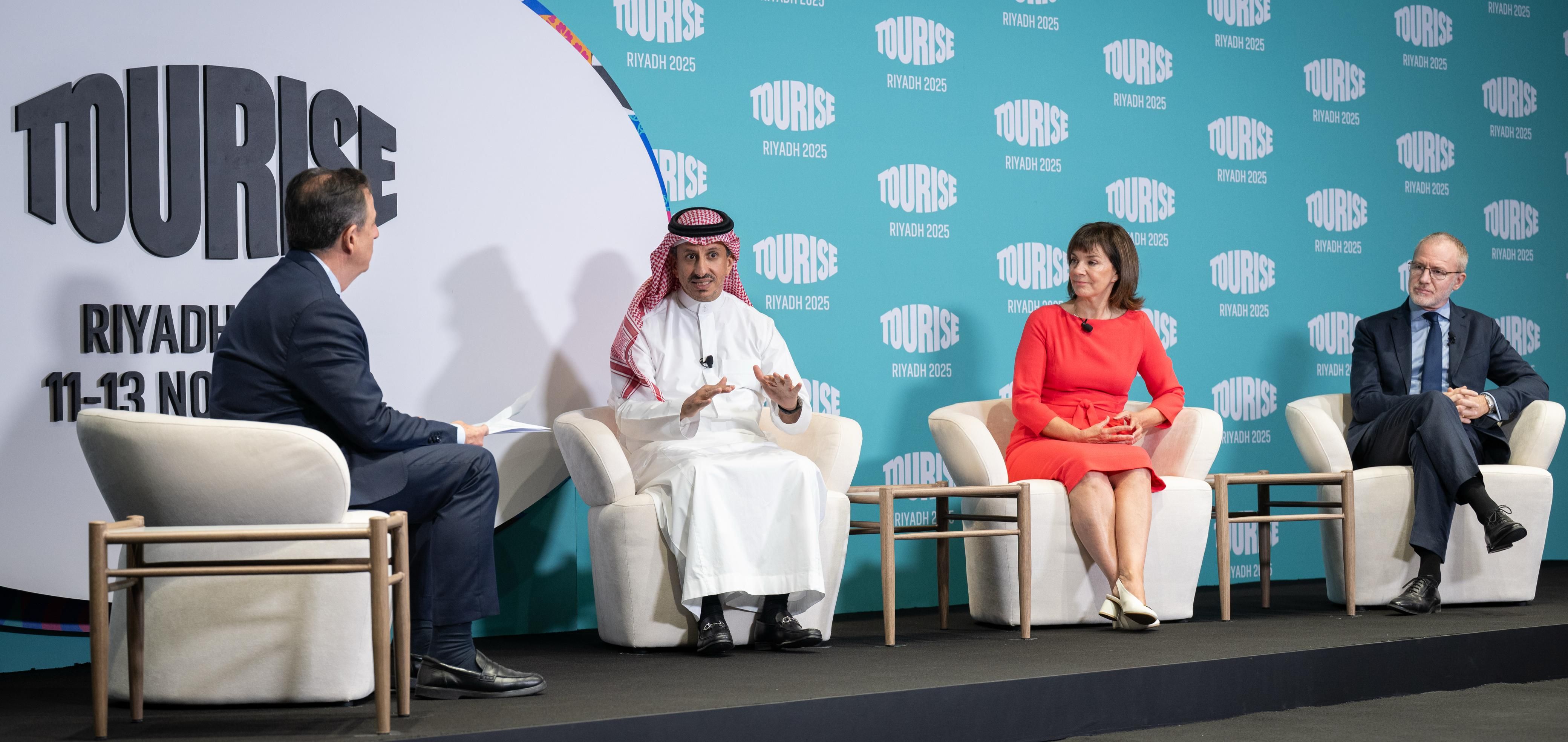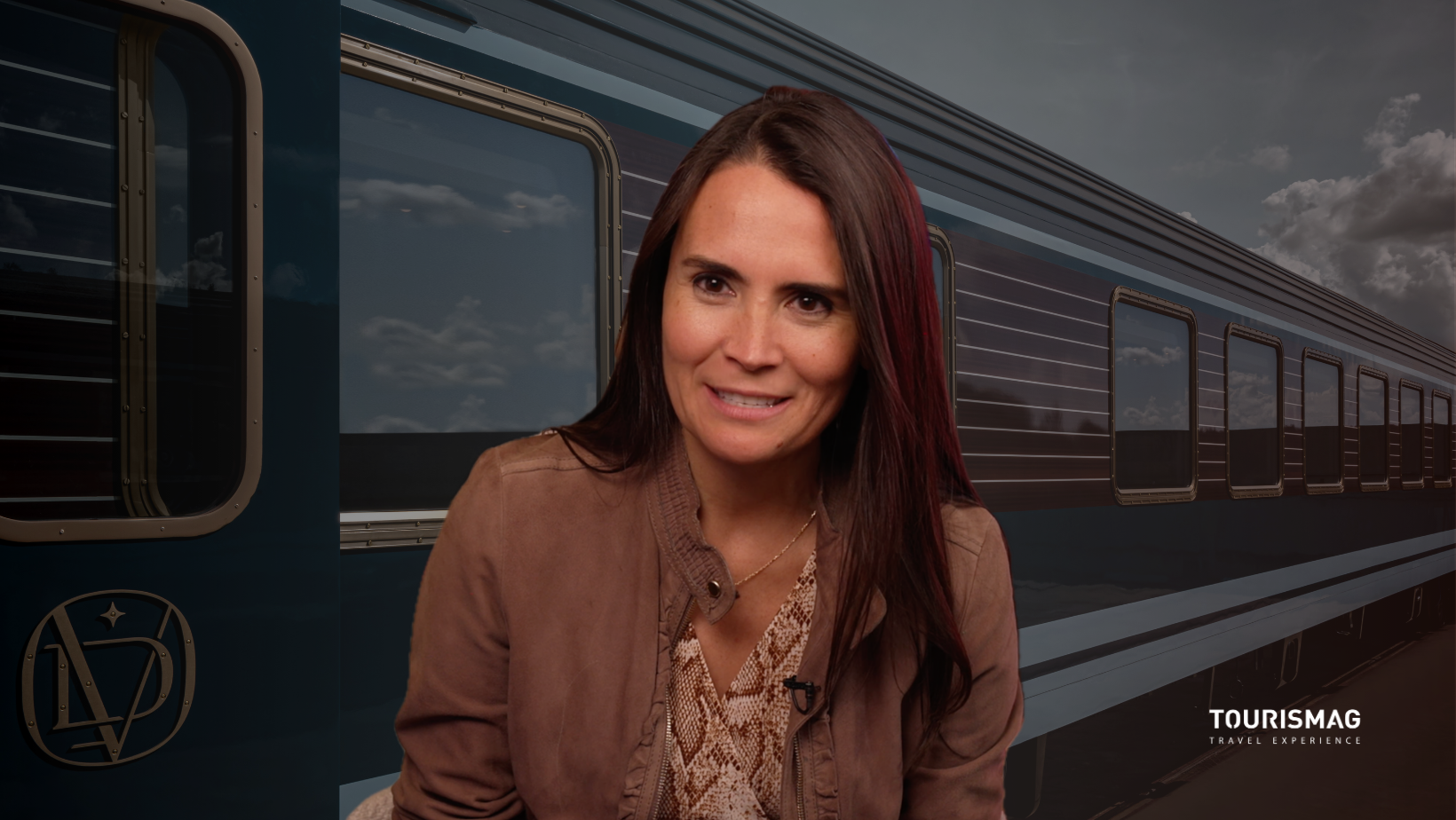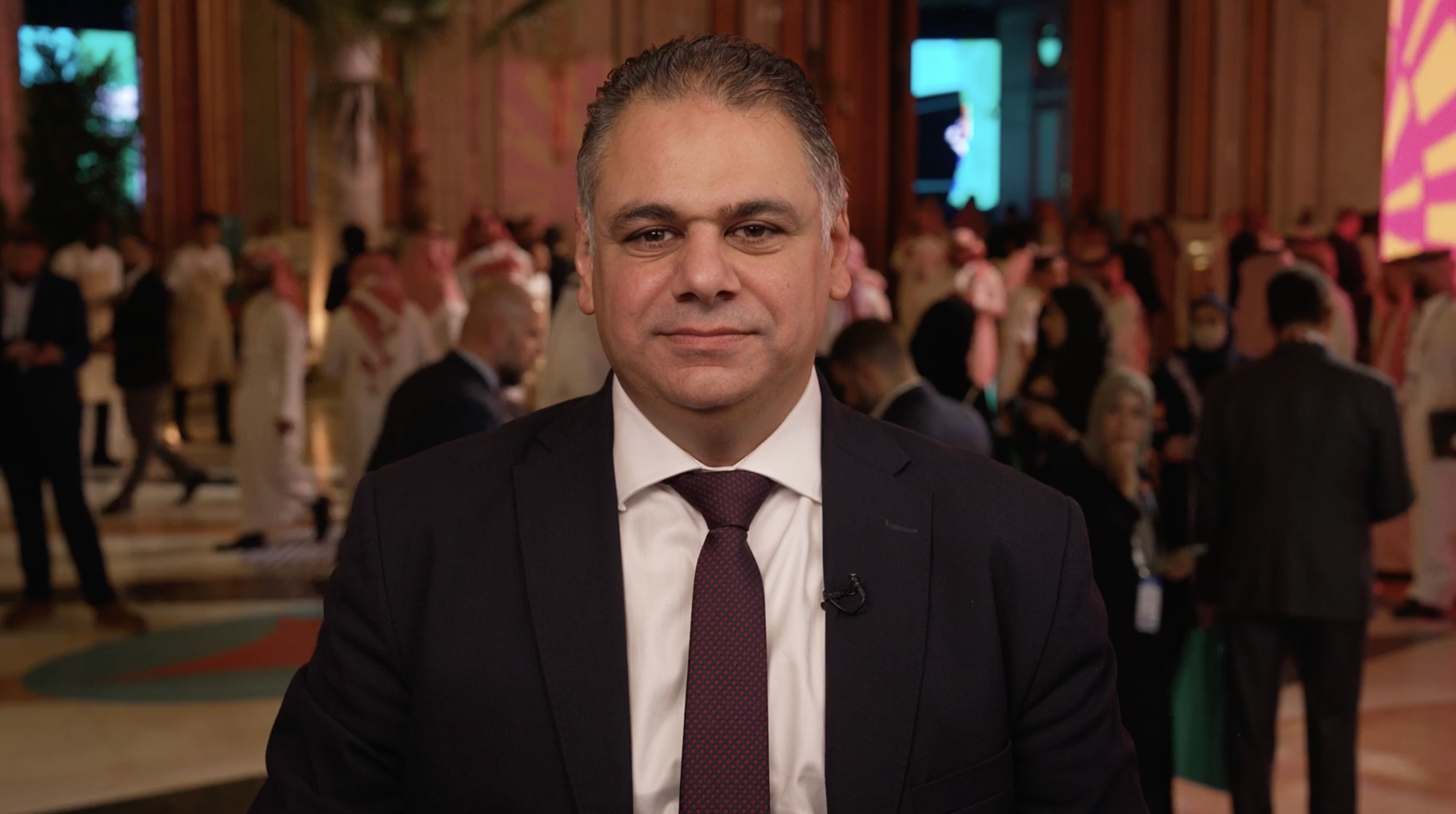Riyadh, 11–13 November — At TOURISE 2025, the first global forum dedicated entirely to the future of tourism in the age of artificial intelligence, one of the most compelling conversations came from Fabien Fresnel, Chief Executive Officer of the Riyadh School of Tourism & Hospitality (RSTH, Ministry of Tourism — Kingdom of Saudi Arabia). With nearly three decades of academic leadership, including senior roles within some of the world’s foremost institutions in hospitality education, Fresnel delivered a strikingly honest and insightful reflection on the future of skills, the irreplaceable role of human emotion, and the regulatory barriers that continue to restrain innovation in education.
TOURISE itself set the tone for this discussion. Conceived as an international platform for strategic thinking, the event brought together ministers, CEOs, investors, educators and innovators for three days of debate on how to build a tourism sector that is smarter, more agile, and fundamentally more human. In a country where transformation is unfolding at unprecedented scale—from giga-projects to experiential ecosystems—Riyadh offered an ideal stage to explore the future of talent and the systems that will shape it.
Before joining the RSTH, Fresnel spent over twenty years reshaping hospitality education at the highest level. His career spans leadership roles as Chief Operating Officer of Sommet Education in Lausanne, and previously Chief Academic Officer and Managing Director at EHL in Switzerland, overseeing EHL Academia, EHL Haute École and EHL Hospitality Services. Few leaders have influenced as many of the institutions that today define global standards in hospitality learning.

Very early in the conversation, Fresnel reframed the current debate that often obsesses over technology.
People talk a lot about technology, but hospitality remains a fundamental human need. What has changed today is not the nature of skills, but the balance between technical skills and emotional agility.
he said.
In his view, the future of education cannot focus solely on operational know-how; it must particularly cultivate nuance, empathy, and an ability to connect meaningfully with others.
Tomorrow you will have robots and AI,” he added, “but as long as robots don’t shiver or cry, hospitality will remain a profession of emotions.
To illustrate what he sees as the strategic importance of emotion, Fresnel recalled a simple example from the world of theme parks: denying entry to a child who is too small for an attraction.
You can tell a kid, ‘You’re too short, you cannot go in,’ or you can say, ‘Batman had a mission and had to leave in a hurry.’ It seems like nothing, but it changes everything. That is where the hospitality of tomorrow lies.
For him, the future belongs to institutions capable of teaching what traditional hotel schools have long avoided: the intangible, the emotional, the profoundly human.
Fresnel did not shy away from an uncomfortable truth about the industry he has served for nearly two decades: genuine pedagogical innovation has been limited.
In 19 years, I can say there has been very little innovation in education, not because people are unwilling, but because of constraints.
He pointed to over-regulation—a bachelor’s degree must last four years, even though
we may no longer need four years
and the low recognition of alternative learning paths.
Who will hire someone who has ten MOOCs and a bachelor they completed in two years?”
he asked.
For Fresnel, meaningful innovation will only emerge when the system ceases to penalise experimentation.

On artificial intelligence, Fresnel adopts neither the alarmism nor the naïve optimism often heard elsewhere. His position is measured and pragmatic.
We need to teach people how to use AI, not fear it, AI will take care of the technicalities. Humans will focus on what gives meaning.
In Saudi Arabia, this approach is even more essential.
Here, the challenge is to deliver at speed and at scale. AI is an indispensable enabler.
As Saudi Arabia’s giga-projects come to life, a new challenge is emerging: operating what has been built.
Every tourism strategy starts with real estate, he explained. You build hotels and facilities, and then you realise you need people to operate them.
The next phase, he believes, must involve massive investment in the “software”: people, skills, and mindsets. This, he said, is the raison d’être of the Riyadh School of Tourism & Hospitality — to shape a new generation of professionals who are agile, emotionally intelligent, and deeply human.
In a final message to young talents preparing to enter the sector, Fresnel shared a simple yet powerful philosophy shaped by decades of teaching and leadership.
Work hard, be curious, be authentic. The people in front of you are not stupid — they know where you’re coming from. Emotional honesty is your greatest strength.”
In a country poised for decades of growth, where future professionals will experience multiple career shifts over their lifetimes, this adaptability and sincerity, he believes, will be essential.
The conversation with Fabien Fresnel offers a timely reminder of what is often forgotten amid the noise surrounding technological transformation: while technology may redefine the operations of tourism, it is emotion that gives the industry its soul. As TOURISE positions itself to rethink the future of global tourism, Fresnel’s message resonates with exceptional clarity, an industry can only grow if it remains anchored in what lies at the heart of hospitality: human connection, reassurance, and the ability to create moments that stay with people long after they leave.
Interview Directed by Donia Hamouda




